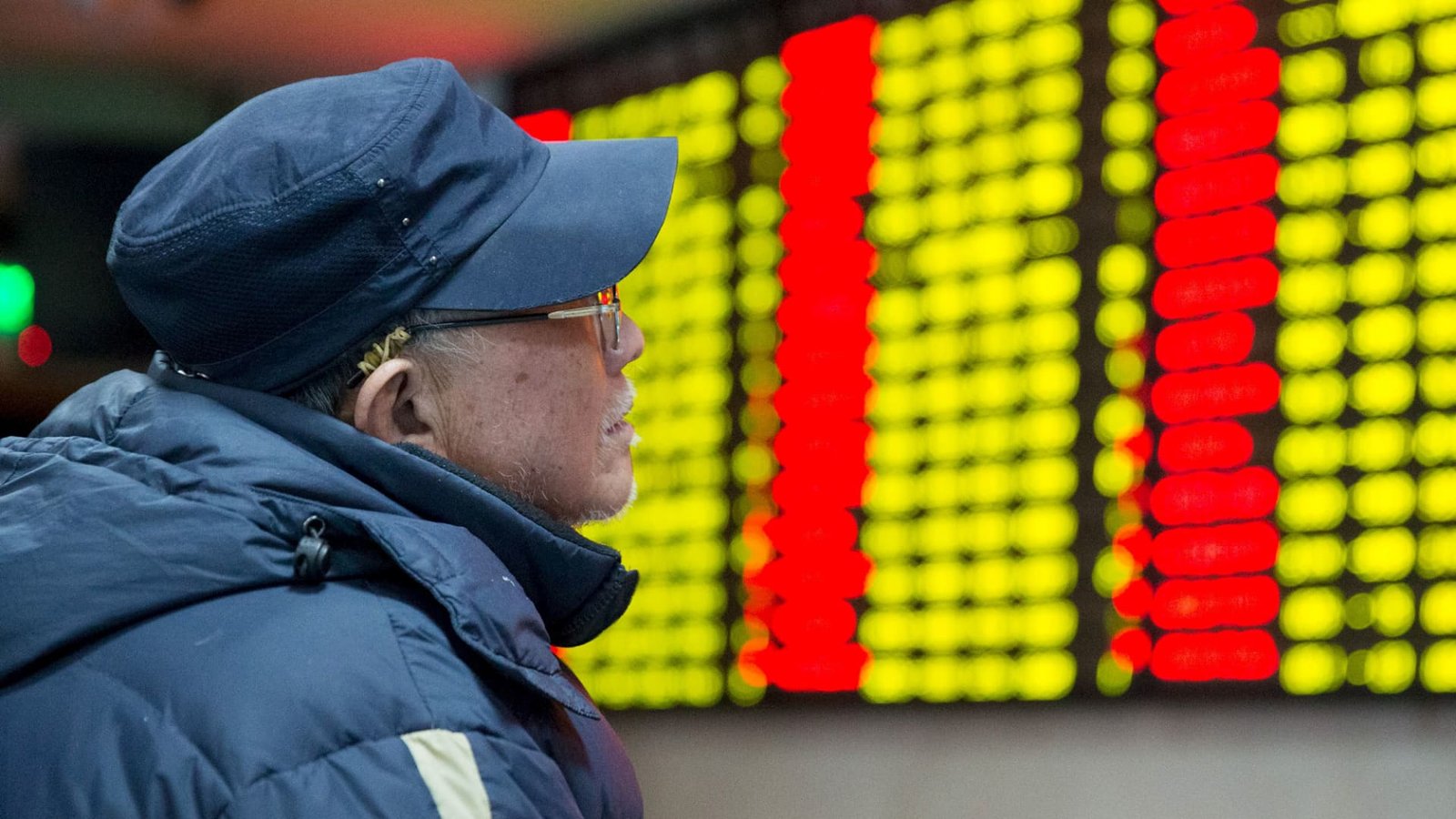China’s stock market rally after the government outlined plans to boost the economy has suddenly pushed hedge funds and strategists into what was recently seen as one of the most contradictory trades. The CSI 300, an index of stocks traded in Shanghai and Shenzhen, rose more than 15% last week, its best week since 2008. Earlier this year, the CSI 300 fell to its lowest levels in six years. “There is no doubt that high-quality corporate stocks will bottom out before the index’s eventual bottoms,” a team led by Wendy Liu, chief China equity strategist at JPMorgan, wrote in a report on Friday. Until government measures work, investment strategists recommend a few oversold stocks in China. JPMorgan highlighted three stocks selected for near-term upside: Shanghai-listed beer company Tsingtao, US-listed retailer Miniso and machinery company Zhejiang Dingli, which also trades in Shanghai. “Our focus here and over the next few quarters will be on finding quality companies that trade at accommodating valuations.[s]This newfound enthusiasm was contagious, the report said. “We believe this is a good time to increase exposure to China again,” Rupal Agarwal, Asia quantitative strategist at Bernstein, said in a note on Friday. “There are clear signs of a reversal in property/consumer sentiment and earnings growth becoming more positive in the medium term. Right now, we believe tactically the rally has legs,” she said. Two Bernstein analysts found that stocks with three-digit six-month earnings momentum are US-listed after-school operator Tal Education and Shanghai-listed Seres, which makes cars for the Aito EV brand developed with Huawei. Stocks appeared on the screen looking to benefit from domestic demand that was limited to companies trading at least 20% below peak levels reached in May and with a positive 12-month earnings outlook, US hedge fund billionaire David Tepper said Thursday in CNBC’s “Squawk Box” said he bought more Chinese stocks after the change in Chinese policy. Asked about the potential impact of increased US tariffs, which former President Donald Trump promised to extend if elected in November, Tepper said he didn’t care. Instead, Tepper emphasized how Beijing’s recent policy has focused on “domestic stimulus,” and said Chinese stocks are cheaper than those in the United States. “You’re sitting there with a P/E multiple with a double-digit growth rate for large-cap stocks that ‘trade here,'” Tepper said. “That’s versus, ‘you know, over 20 in the S&P.'” Sentiment Shifts Sentiment toward Chinese stocks shifted after… People’s Bank of China (PBOC) Governor Pan Gongsheng on Tuesday announced the interest rate cuts in a rare press conference held alongside the head of the securities regulator and other officials. Then on Thursday, Chinese President Xi Jinping chaired a high-level meeting that confirmed the policy moves Leaders called for halting real estate slump and strengthening fiscal and monetary policy In response to the brightening outlook, short-term traders bought Chinese stocks for eight straight days, Scott Rubner, managing director of global markets and tactical specialist at Goldman Sachs, said in a trading note on Thursday. “Emerging markets quickly became a favored trade after the November and December US elections,” Rubner said, noting that “more Zoom calls have been made on China in the past 48 hours than in the entire year of 2024 and global investment funds in total have allocated 5.1% of their portfolios.” Investments in Chinese stocks as of the end of August were near the lows of the past decade, while hedge funds were at five-year lows of less than 7%, according to aggregated data. By Goldman. Rubner said the hedge fund allocation rose to 7.3% on Tuesday, which saw the largest single-day buying by hedge funds since March 2021. .SZSC 1Y Shenzhen Stock Exchange Mountainous Composite Index over the past 12 months. The renewed interest in Chinese stocks comes after institutions reduced their exposure there due to slowing growth expectations, worsening debt problems and a worrying recession in the real estate market. Some international investors also clearly steered clear of concerns about tensions between the United States and China. To be sure, few people are betting on an overall unhindered recovery from here, especially since China has yet to formalize the details of fiscal policy. Chinese companies trade primarily in the United States, Hong Kong and the mainland. Individual investors account for the majority of trading activity in mainland Chinese stocks, also known as A shares. “Trading sentiment has always been affected by politics and has fluctuated greatly,” Li Dongfang, a Beijing-based financial blogger, said in Chinese, translated by CNBC. . He has bought some A shares and Hong Kong exchange-traded funds, and is bullish on alcoholic beverages, new energy vehicles and PV stocks. “The stock market has always had a market bottom after politics started” to shift to support, Lee said, noting that he expects it will take some time for the market to consolidate after recent gains followed earlier losses. Li said the People’s Bank of China’s policy announcements support more inflows into the stock market, allowing ETFs to be used as collateral for institutional loans, and allowing large shareholders to borrow from banks to buy back shares. “A sustained short squeeze will likely add to the market’s strong performance [Friday]JPMorgan said: “With real estate, consumer staples and consumer discretionary outperforming in the Hong Kong market, and real estate, consumer staples and financials outperforming in the A-share market.” Mainland Chinese stock exchanges are scheduled to be closed from October 1 to October. 7 for a holiday that this year celebrates the 75th anniversary of the People’s Republic of China — CNBC’s Michael Bloom contributed to this report.
Stocks will play China trade until stimulus package kicks in











